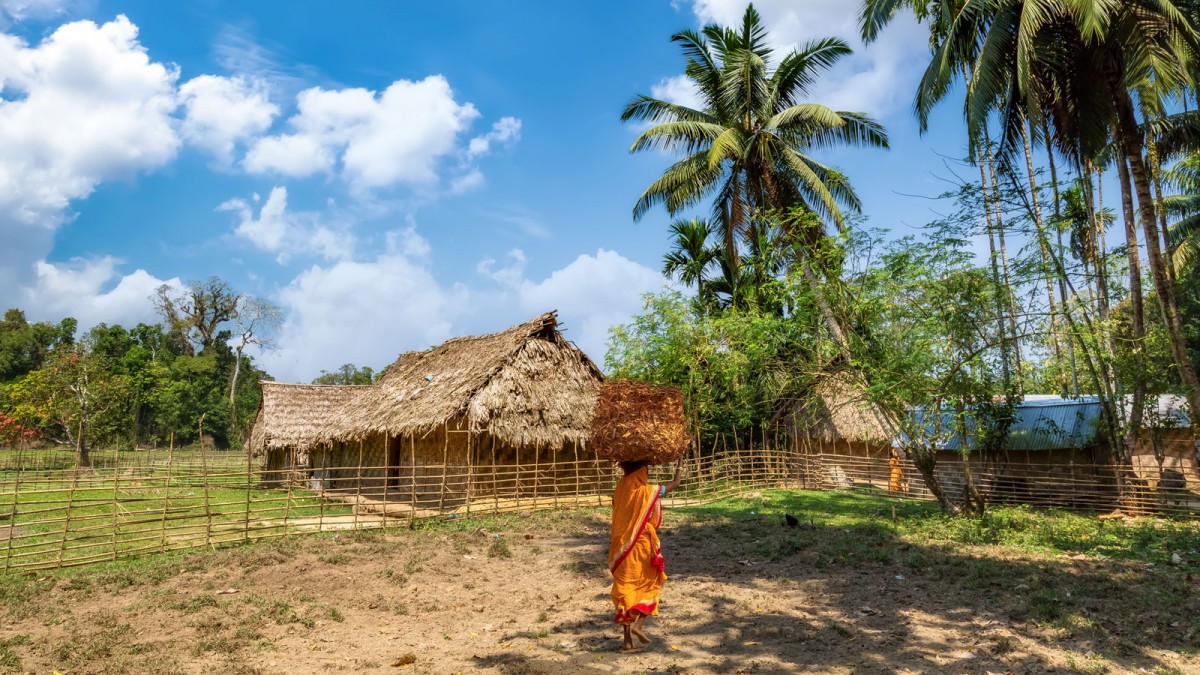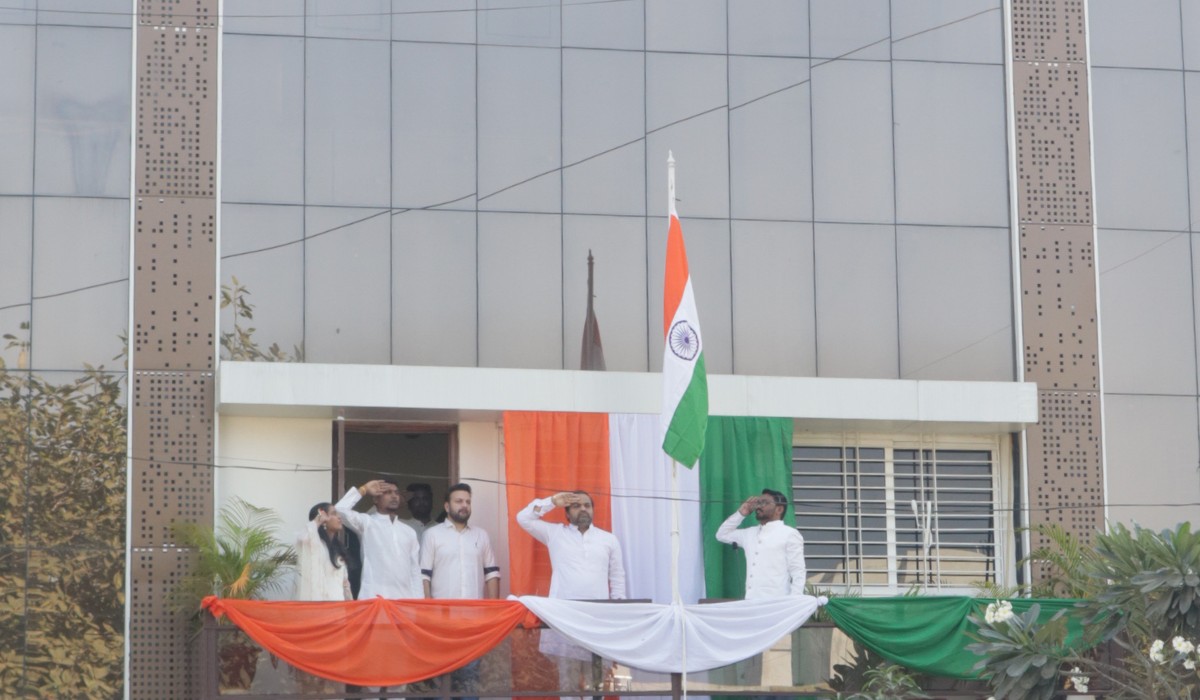Punsari is a village located in the state of Gujarat, India. The village is located about 80 km from the state capital, Gandhinagar. Punsari is 20 km from Parvati Hills. Parvati Hills is the largest tabletop land in India. The village follows the Panchayati raj system. The village’s extent is about 65 km. The land in use for agriculture is six hectares (15 acres). The main non-farming activity is dairy in this village. The village has undergone a transformation under the panchayat. There has been using of new and advanced technology in education. This village has a wi-fi connection for all people. Efforts have been made for the empowerment of women and increasing security in the village. Some of the facilities provided by the panchayat include a local mineral water supply, sewer & drainage project, a healthcare center, banking facilities, and a toll-free complaint reception service. Consequently, Punsari received the award of being the best Gram Panchayat in Gujarat. The village’s model has been appreciated by delegates from Nairobi and they are keen to replicate this in Kenyan villages.
Facilities enjoyed by the Villagers
After the setting up of the Mineral water plant, Punsari never looked back. To make the village an Adarsh Gram and modern model village, several new technologies were introduced, including:
- CCTV Cameras, Wi-Fi & Public Address systems: Soon after, CCTV cameras were installed at strategic points all over the village and inside schools, as safety measures. Wi-Fi servers were installed all over the Punsari so that people can have access to the internet by paying very minimal charges. The village panchayat is fully computerized and 140 loudspeakers are mounted at every nook and corner of the village. Through these speakers, the Sarpanch can make any public announcement without having to gather the villagers in large numbers. Sometimes Bhajans are played on these speakers for the entertainment of the people.
Schools & Libraries
The existing government schools of Punsari could barely qualify as schools. The drop-out rate was very high and people who wanted a good education for their children sent them to private schools.
Soon after Himanshu’s appointment, he started to make the schools well-equipped. New audio-visual aids were introduced, CCTV cameras in every class, Air-Conditioned classrooms, and Computer labs became common in every government education institution. As a result of this, more and more admissions were reported. The children who previously went to private institutions now started coming to government schools. The drop-out rate came down to zero.
Punsari today has 5 fully equipped schools including two primary schools. One of the schools recently reported that earlier there were 120 students but with all the development the number of students has increased to 201.
A mobile library, which is a vehicle containing hundreds of books, was introduced. This vehicle halts at various places in the village at a pre-decided time. So that everyone including women & children can avail of the benefits of reading new books.LED street lights
Setting up new LED streetlights was one of the first steps in the development of Punsari. Around 450 LED lights with an expense of Rs 22 lakhs were mounted on every street. This not only added to the beauty of the village but also reduced the electricity bill from Rs 55k to Rs 22k.
Transportation services
Punsari has fully developed CC roads and has its own bus service named Atal Seva. The buses were introduced specially for school-going children and women who had to travel within the village to distribute milk. Today the bus service connects every part inside and to nearby areas of Punsari.
Cleanliness and drainage system
Before 2006, Punsari had no drainage system and waste management of the village was not up to the mark. But with Himanshu’s efforts and aid from the government, a proper drainage system was built throughout the village including toilets in every household. Under the Swachh Bharat Abhiyan, waste management facilities were upgraded, now Panchayat workers go from house to house collecting garbage in tractors, and then it is disposed of outside the village in proper disposal grounds. The cleanliness of Punsari is impressive and the villagers also share responsibility for keeping the village clean.
Eco-friendly electricity
The Panchayat is setting up Bio-electric plants with an aid of Rs 50 lakhs from the state government. According to the plan, cow dung (Gobar) will be collected from every house and bio-electricity will be generated with its help of it. In the initial phases, the electricity will be used to power the street lamps but eventually, the Panchayat plans to provide electricity to each of the 1200 households in Punsari.
Foreign delegates from 60 countries have visited Punsari to see and study its development model. Around 2 lakh people from India and abroad have visited to study the village model











